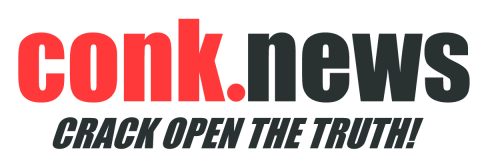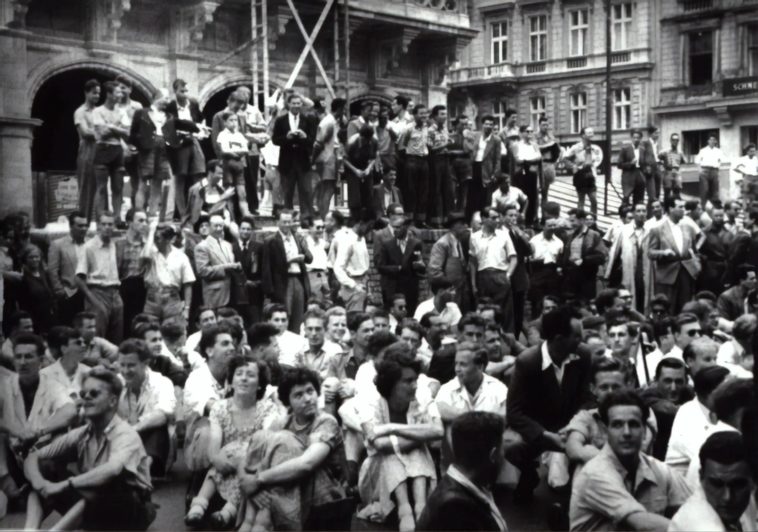I grew up in a union household. My grandfathers, great uncles and some uncles all worked for the railroad, with one of the mightiest unions of the time. Dad and most men of his generation worked at one of the local factories, all with strong union representation.
Before the unions, working conditions were harsh and unsafe. Workers who got sick not only had no benefits, but their absence could cost them their job. An individual had no recourse to company dictates. So collective bargaining through the union was appealing to workers, who called strikes at companies where they were trying to take hold. Often, local police, or even National Guard or military units were sent in to squash the strikes.
Coal workers had the worst of it. Not only were their conditions, pay and lack of benefits inhumane, but they lived in company houses and shopped at the company store. Miners had to buy their own hats and shovels from the company. Pay was issued in scrip, a form of currency accepted only at the company store. Coal worker union clashes with the mining companies were historic, sometimes lethal, events.
Unions grew strong, and eventually the unions united. One sector formed the American Federation of Labor, and another grouped into the Congress of Industrial Organizations. Eventually these merged into the AFL-CIO, a powerful lobbying group in state and federal politics. A candidate’s endorsement by this outfit meant that all unions under the umbrella would be pushing members to vote for the anointed politician.
Because of the workplace upheaval generated by Federal and State Government mishandling of the Covid-19 pandemonium, unions have re-emerged in some instances as representatives of the working class. This really isn’t expected to last beyond whatever cash stash people accumulated during the extended government giveaway. As soon as people have to work to pay their bills, whatever leverage unions might hold due to worker shortages will dissipate.
There is an interesting Constitutional concept wrapped up in all this. The Constitution gives Congress the right to control Commerce. This has been broadly interpreted to mean all business and industry. Constitutional scholar Robert G. Natelson contends that the originally intended interpretation of the word Commerce as limited to agriculture and the sale of that sector’s goods.
Of course, the concept of unionism was never broached by the Founding Fathers. Had it been, it is safe to say that they would have found it anathema to the concept of public service. These days, practically every bureaucrat in every level of government is shielded by union provisions that make it difficult to discipline or dismiss even the laziest and most incompetent people living off the public teat.
Police departments all have fallen prey to the union measures that allow the brutal and bent to keep their jobs among the majority of law enforcement officers whose work is tainted by this privileged handful of miscreants.
While in general practice the unions are diminishing in scope and power through natural causes, these public unions are strong enough to inhibit and slow the changes necessary to make government more efficient and lest costly.
Will we ever hear a politician talk about this problem? They are surrounded by the monster they have created. It’s time for another business leader to step into the arena, and this platform plank would be likely to find vast support, from blue collar to boardroom.






 and
and